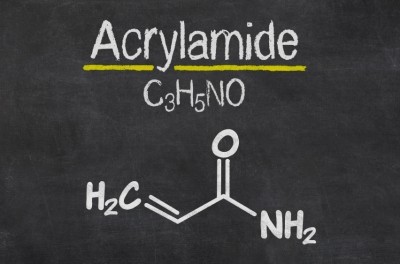Acrylamide laws will not prohibit traditional foods, says Commission

Mara Bizzotto, member of the right-wing and Eurosceptic Europe of Nations and Freedom (ENF) party, asked the Commission “how it intended to adequately protect Italian, Belgian and other European gastronomical specialities and traditions containing fried potatoes and grains (fries, biscuits and other oven-baked specialities) to minimise the market and image-related losses in the entire supply chain that may arise from the future regulation on reducing acrylamide in food”.
Bizzotto cited concerns raised by the Flemish minister for tourism, Ben Weyts, who recently protested against the legislative proposal on the grounds it may have negative economic and image-related repercussions on one of Belgium’s culinary specialities, fries – also known as chips or French Fries.
However, in an answer given on behalf of the Commission and published on the European Parliament’s website last week (16 August), commissioner for health and food safety Vytenis Andriukaitis sought to reassure the politicians. “The foreseen regulatory measures will not prohibit certain traditional culinary practices or certain traditional foods," he wrote.
“The regulatory measures would oblige food business operators to apply mitigation measures (i.e. to choose options which result in a level of acrylamide as low as reasonably achievable) with respect to the culinary practices and the recipe of traditional foods, and without changing the nature and the organoleptic characteristics of the traditional food in question.”
The regulatory proposal, put forward by the Commission and voted through by member state representatives, would see the introduction of binding mitigation measures as well as benchmark levels to verify the effectiveness of the mitigation strategies.
Once this proposal has been adopted, the Commission will begin discussions on setting maximum limits for the carcinogenic contaminant in certain foods. Setting maximum levels is “in addition and complementary to” the envisaged mitigation measures, it said.
It is expected to come into force as early as spring 2018.
























